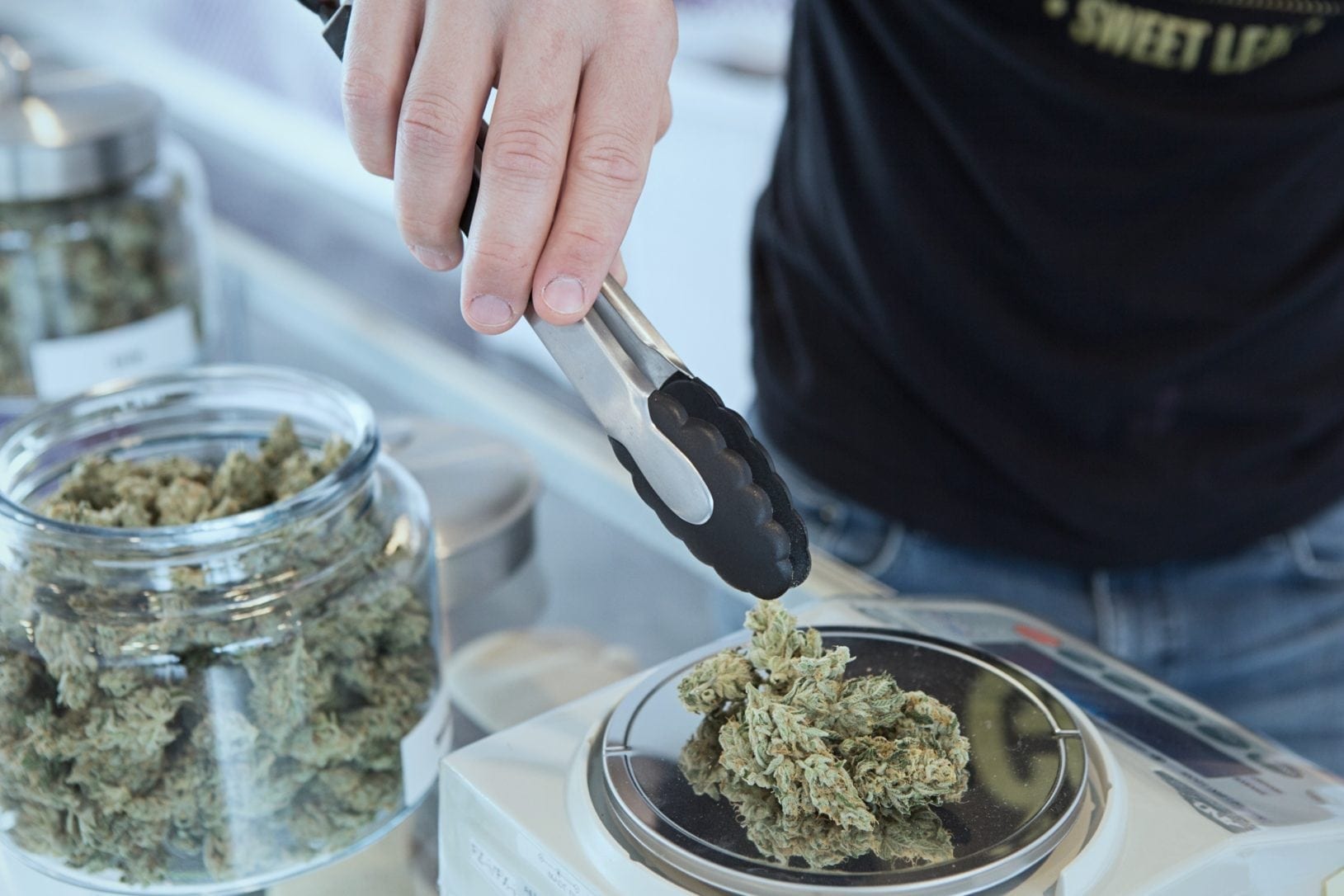Green Mart News, Industry News, Legal, OMMP
Alarmed By Large Marijuana Purchases, Oregon Imposes Strict Temporary Limits
By
Oregon state regulators have reduced the amount of medical marijuana that can be legally purchased at dispensaries by nearly 96 percent.
Officials took the significant and unprecedented action following a series of large-scale cannabis purchases they feared could be linked to diversion of legal marijuana to the illegal market.
The new limits went into effect on Friday and are set to expire on December 27, though they may be modified or revoked following an investigation into the large purchases.
“Today’s action on OMMP purchase limits is designed to prevent potential diversion of usable marijuana into the secondary illegal market,” the Oregon Liquor Control Commission (OLCC) said in a statement released Thursday, referring to the Oregon Medical Marijuana Program. “The OLCC will continue to investigate the suspicious activity and will work with the Oregon Health Authority, which has authority over the OMMP, and if necessary forward investigative findings to law enforcement.”
Oregon voters legalized recreational marijuana in 2014. The year before, the state legislature moved to legalize and regulate medical cannabis sales at licensed dispensaries.
Qualified OMPP cardholders were allowed to purchase up to 24 ounces per day.
But following some repeated, high-volume purchases—which occurred amid warnings from federal law enforcement about legal marijuana diverted to the illegal market—state regulators are moving to temporarily reduce purchase limits to one ounce, the OLCC said.
Exact details about the suspicious activity that triggered the unprecedented reduction in purchase limits were not available. But according to an agency spokesman, an OLCC data analyst noticed a pattern of repeat high-volume purchases this week.
Patrons were repeatedly visiting dispensaries to make 24-ounce purchases over a period of days, acquiring in a week’s time caches of six pounds or more of cannabis, spokesman Mark Pettinger told Marijuana Moment.
Since 95 percent of marijuana purchases in Oregon are in the amount of two ounces or less, the high-volume purchases raised red flags.“If we detect something that looks illegal or suspicious, we need to take action,” Pettinger said.
As The Portland Mercury observed, OLCC made the move in the context of bellicose rhetoric from Trump administration officials.
Earlier in the year, Oregon had in its marijuana inventory almost 1 million pounds of cannabis flower. The overproduction has caused prices on the legal market to crash, and has also drawn attention from authorities like Billy Williams, the state’s U.S. attorney.
Oregon’s own Health Authority has also cited “insufficient and inaccurate reporting and tracking” within the Oregon Medical Marijuana Program.
In this context, OLCC’s purchase-limit reduction could be seen as a preemptive move to ward off potential federal action.


